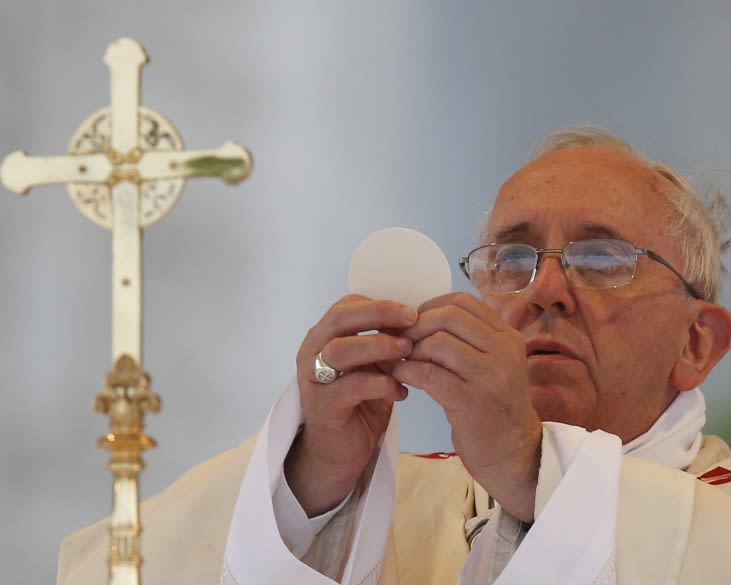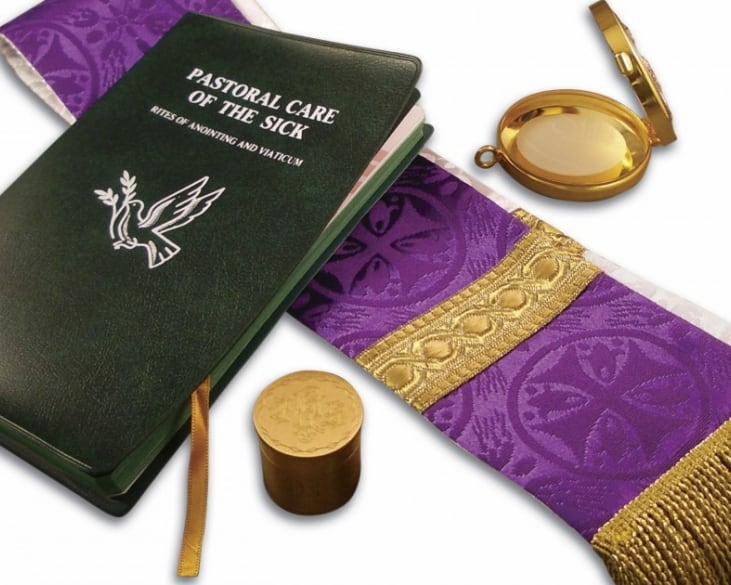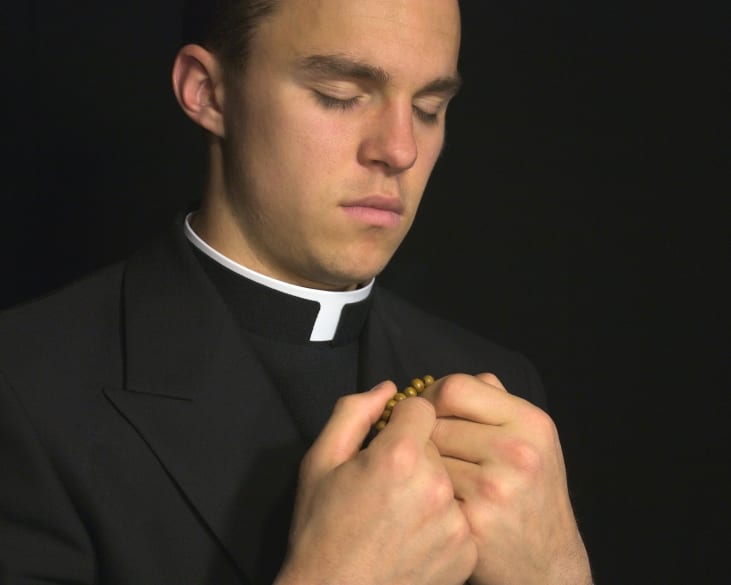The seven sacraments touch all the stages and all the important moments of Christian life: they give birth and increase, healing and mission to the Christian’s life of faith. (CCC 1210)
The Second Vatican Council describes the Sacrament of the Holy Eucharist as the “source and summit of the Christian Life.” (Lumen Gentium 11). The other sacraments are oriented toward the Sacrament of the Eucharist. “For in the blessed Eucharist is contained the whole spiritual good of the Church, namely Christ himself, our Pasch.” (Presbyterorum Ordinis 5).
Each of the sacraments also gives a special grace if we receive them with the right dispositions. Therefore, Catholics are encouraged to frequently receive the Sacrament of Confession in order that they might be well disposed to receive the other sacraments in a state of grace.
Traditionally, the Church speaks about the Sacraments of the Living and the Sacraments of the Dead. Baptism and Penance are called sacraments of the dead because their chief purpose is to give the supernatural life of sanctifying grace to souls spiritually dead through sin. Confirmation, Holy Eucharist, Anointing of the Sick, Holy Orders, and Matrimony are called sacraments of the living because their chief purpose is to give more grace to souls already spiritually alive through sanctifying grace. He who knowingly receives a sacrament of the living in mortal sin commits a mortal sin of sacrilege, because he treats a sacred thing with grave irreverence. (I Corinthians 11:27)
 Baptism
Baptism
Learn more
 Confirmation
Confirmation
Learn more
 Penance & Reconciliation
Penance & Reconciliation
Learn more
 Holy Eucharist
Holy Eucharist
Learn more












